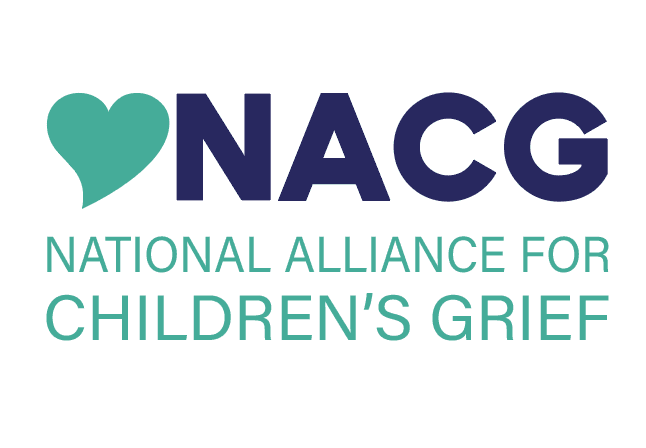
A sudden loss can occur due to accidents, illness, homicides, suicides, and other forms of unexpected loss. These tragedies can leave the griever in a state of shock and confusion. There may also be many unanswered questions and, in many cases, trauma surrounding the loss. The lack of preparation for the loss is disorienting and can be challenging at the beginning of the healing process. As you process the sudden loss of a loved one, there are some strategies that you might find beneficial in helping you to heal.
Allow Yourself Time to Process Your Feelings
Sudden and traumatic losses give us little opportunity to say goodbye to our loved ones. Moreover, grief feelings may intensify during legal proceedings or any re-traumatizing experiences associated with the loss. In processing the absence of your loved one, allow yourself the time and compassion needed as you work through these complex feelings. Remember, there is no right or wrong way to grieve and the ways in which we express our grief can vary from person to person.
Understand the Impact of Grief
Grief impacts us emotionally, mentally, and physically. Understanding the changes you are experiencing can help pinpoint the areas where support is most needed. As you identify where you are in your mental space to return to work or reengage in other life tasks, explore your body’s reaction to the loss. Have your sleeping or eating patterns changed? Are you experiencing any physical pain? What are some of the routines you can mentally return to? Exploring these questions can help you gauge how your grief is impacting your daily functioning. Finally, recognizing that apart from the primary loss of a loved one, there are secondary losses that come from the absence. Secondary losses can mean adapting to a new family role or financial insecurity. These losses can become even more challenging when there is a sudden and traumatic loss.
Seek Support
Seeking professional support is one way to help process a sudden loss. Talking to a professional or joining a grief support group allows you to share and explore complex emotions in a safe setting. Connecting with others who have experienced a similar loss also provides camaraderie in challenging times. Other types of support can come from family and friends that are eager to help. Consider asking for assistance with more challenging tasks or simply reach out to trusted people during emotionally intense moments. Many times, these individuals want to help but are unsure what your needs are as you grieve.
Get Involved
As some people move forward in their grief, they find healing in advocacy and volunteer work. Advocating for our loved ones after their passing connects us with a community of individuals who work together in decreasing tragic loss. For many, this may look like volunteering in awareness events or seeking to connect with others on a personal level. This type of engagement can be meaningful, but it is important to first recognize where you are in your grief before getting involved in any volunteer work as it can sometimes be emotionally difficult.
For additional resources, visit our website at www.childbereavement.org. To register for our free virtual grief support groups, give us a call at (888) 988-5438 or e-mail support@childbereavement.org.








